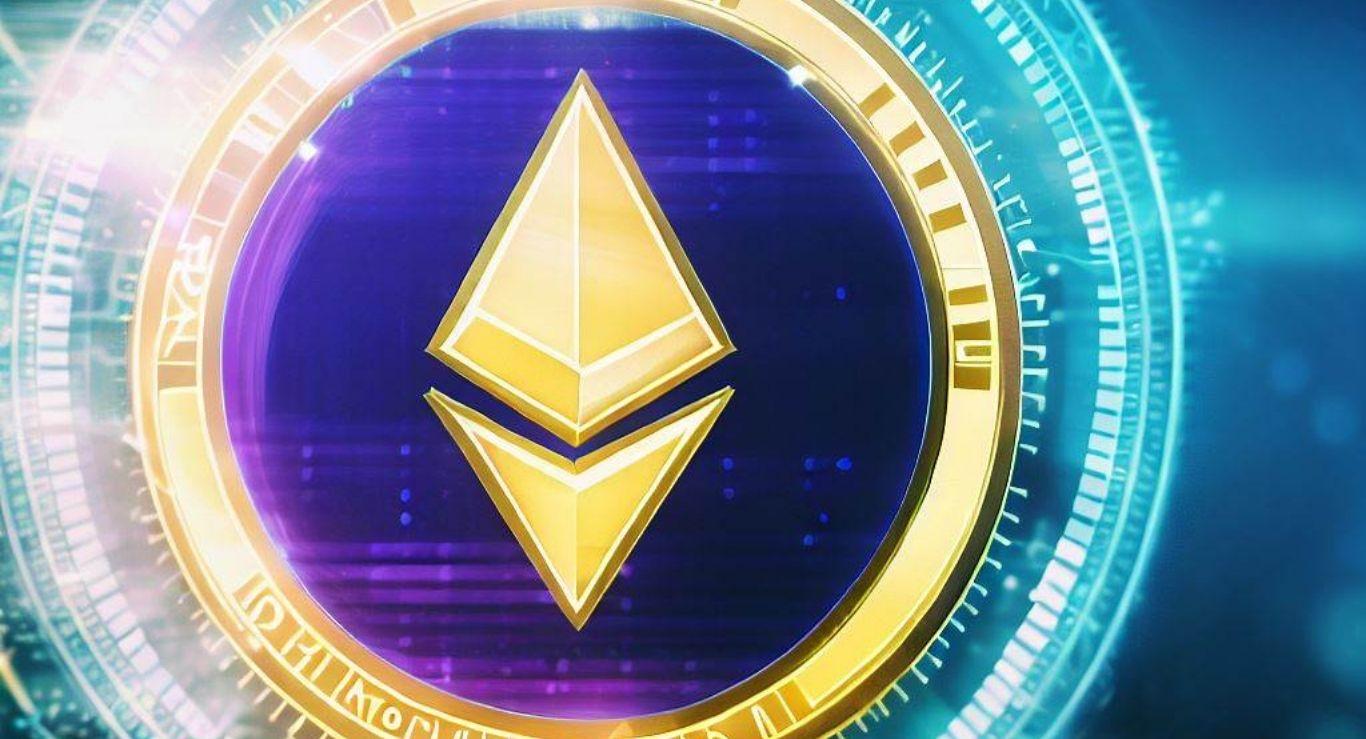
Blockchain technology has emerged as a revolutionary innovation with the potential to transform various industries, from finance to supply chain management. Ethereum, in particular, has been at the forefront of this transformation, offering a decentralized platform for developers to build decentralized applications and execute smart contracts. However, as with any emerging technology, there are challenges that must be overcome to achieve widespread adoption and success. One such challenge that Ethereum is currently facing is finality issues, which have led to transaction delays and concerns among developers and users. In this article, we will delve into the concept of finality in blockchain networks, explore Ethereum’s finality issues and their impact, and examine the steps being taken to address them.
Finality is a critical feature in any blockchain network that ensures that transactions are permanently recorded and cannot be reversed or modified. In Ethereum, finality is achieved through a consensus mechanism called Proof of Stake (PoS), which is different from the traditional Proof of Work (PoW) consensus mechanism used by Bitcoin.
Under PoS, validators are required to stake a certain amount of ETH as collateral to participate in the consensus process. Validators take turns proposing and validating blocks, and when a block is validated by a sufficient number of validators, it is considered finalized.
Finality is important for the security and stability of a blockchain network, as it ensures that transactions are recorded accurately and can’t be tampered with. Without finality, there is a risk that transactions may be re-ordered or dropped from the network, leading to delays and potential errors.
Ethereum’s finality issues have caused concerns among developers and users about the network’s stability and reliability. Some of the issues reported include delays in block finalization and transaction confirmations, which have led to longer wait times and potential errors for users.
The exact cause of these issues is not yet clear, but some experts suggest that it may be related to network congestion or problems with the protocol design. Ethereum developers are working to address the problem and implement solutions to improve network performance and reduce congestion.
However, these issues have also raised concerns about Ethereum’s credibility among builders and investors. Network reliability is a critical factor in any blockchain network’s success, as it can impact user adoption and investment. Ethereum has historically been viewed as one of the most stable and reliable blockchain networks on the market, so any issues with finality could potentially tarnish its reputation.
The Ethereum community is actively working to address the finality issues on the network. Ethereum developers are considering several options to improve finality, such as implementing faster block times, reducing gas prices, or introducing new consensus mechanisms.
One of the proposed solutions is to implement a mechanism called “finality as a service” (FaaS), which would allow users to pay for finality guarantees from a separate layer of the network. This could potentially reduce congestion on the main Ethereum network and improve overall performance.
The Ethereum community is also exploring other solutions to address network congestion, such as layer 2 scaling solutions like Optimism, Arbitrum, and zkSync. These solutions aim to improve network performance and reduce congestion by processing transactions off-chain and settling them on-chain periodically.
Ethereum’s finality issues have raised concerns about the network’s stability and reliability, but the Ethereum community is actively working to address the problem and implement solutions to improve network performance and reduce congestion. The impact of these issues on Ethereum’s credibility among builders and investors remains to be seen, but the community’s efforts to address the problem are a positive sign for the network’s future.
In the long run, Ethereum’s continued growth and success will depend on its ability to address issues like finality and maintain its position as a leading blockchain network in the industry.



Get the latest Crypto & Blockchain News in your inbox.